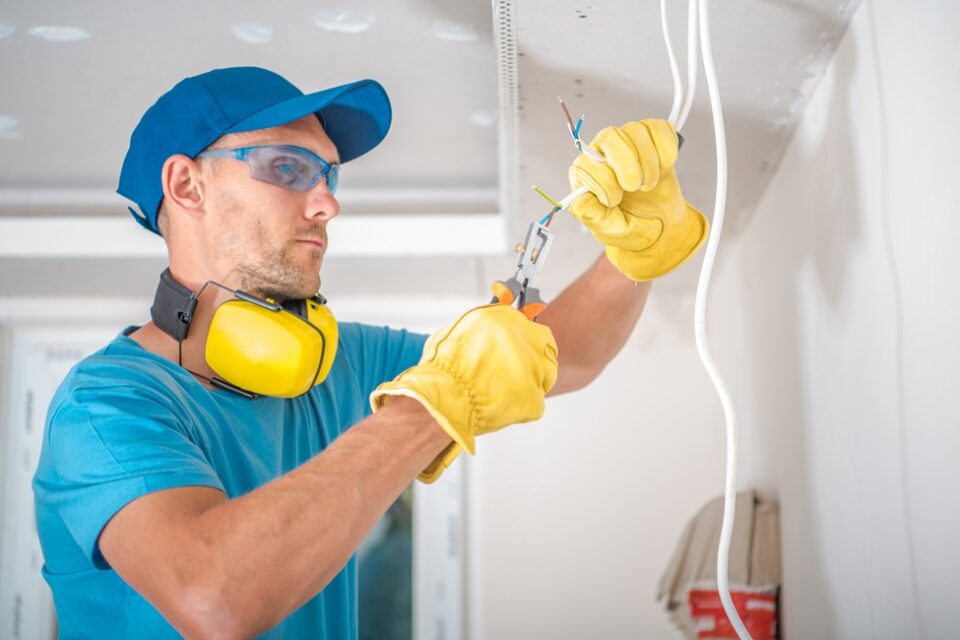Faulty electrical wiring is a leading cause of residential fires, posing a significant risk to the safety of homeowners and their properties. Regular inspection and repair of electrical wiring can help prevent fire hazards and ensure the safety of your home and loved ones. In this guide, explore how electrical wiring repair can effectively mitigate fire hazards and protect your home from potential disasters.
Identification of Faulty Wiring
Electrical wiring repair involves inspecting the wiring system for signs of damage, wear, or deterioration. Common issues such as frayed wires, loose connections, exposed conductors, and overloaded circuits can increase the risk of electrical fires. Repairing faulty wiring promptly helps identify and address potential fire hazards before they escalate.
Prevention of Electrical Overloads
Overloaded circuits occur when too many electrical devices are plugged into a single outlet or circuit, causing excessive heat buildup and increasing the risk of electrical fires. Electrical wiring repair includes redistributing electrical loads, installing additional circuits or outlets, and upgrading wiring to accommodate modern electrical demands. By preventing electrical overloads, wiring repairs reduce the risk of overheating and fire hazards.
Elimination of Arc Faults
Arc faults occur when electricity jumps across a gap in a damaged or deteriorated wire, generating intense heat that can ignite nearby combustible materials. Electrical wiring repair involves identifying and repairing arc faults through methods such as replacing damaged wiring, installing arc fault circuit interrupters (AFCIs), and ensuring proper wiring connections. By eliminating arc faults, wiring repairs reduce the likelihood of electrical fires.
Correction of Ground Faults
Ground faults occur when the hot wire comes into contact with a grounded surface or conductor, causing excessive current flow and potential electrical fires. Electrical wiring repair includes identifying and correcting ground faults by repairing damaged insulation, replacing faulty outlets or switches, and installing ground fault circuit interrupters (GFCIs). Properly functioning GFCIs detect ground faults and interrupt electrical currents, preventing fires and electric shocks.
Upgrade of Outdated Wiring
Older homes with outdated electrical wiring systems are at higher risk of fire hazards due to factors such as deteriorating insulation, inadequate grounding, and insufficient capacity to handle modern electrical loads. Electrical wiring repair may involve upgrading outdated wiring to meet current safety standards, including the installation of grounded circuits, arc fault protection, and tamper-resistant receptacles. Upgrading wiring reduces the risk of fire hazards associated with aging electrical systems.
Compliance with Electrical Codes
Electrical wiring repair ensures that your home’s electrical system complies with local building codes and safety regulations. Compliance with electrical codes helps identify potential fire hazards, ensure proper installation practices, and maintain a safe electrical environment. Professional electricians are trained to assess and repair wiring systems in accordance with applicable codes, reducing the risk of fire hazards and ensuring the safety of occupants.
Investing in electrical wiring repair is essential for preventing fire hazards and protecting your home from potential disasters. Schedule a professional electrical inspection and repair service to safeguard your home against electrical fires and ensure the safety of your loved ones.

